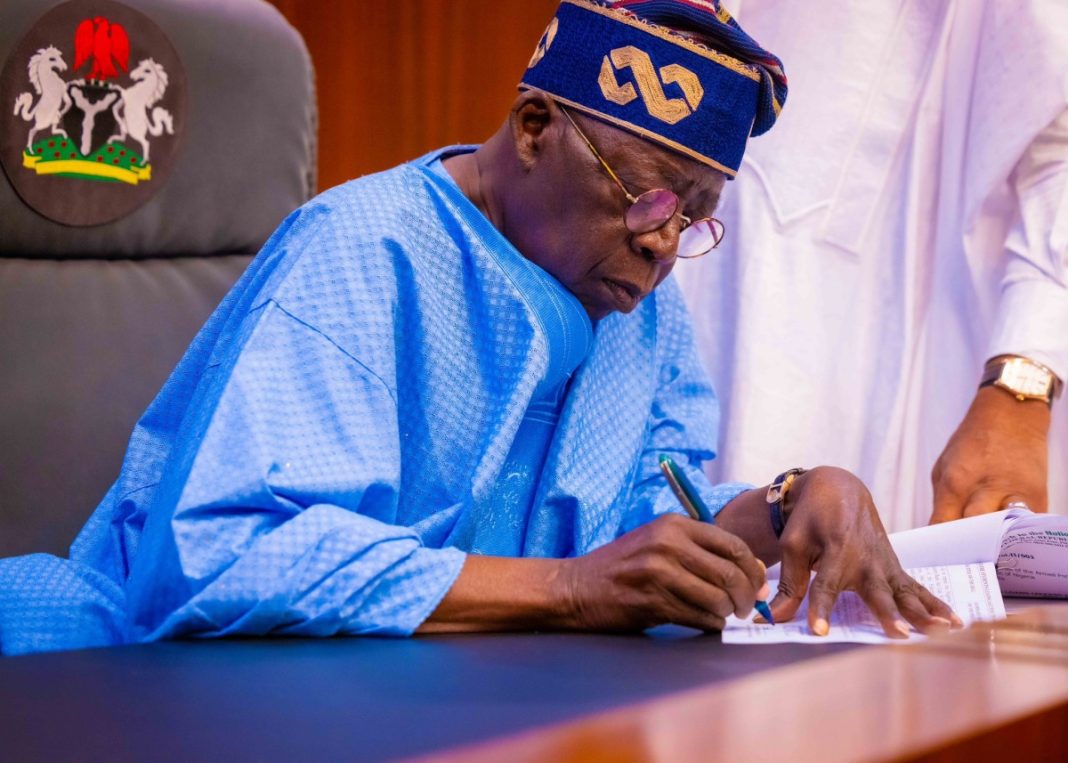ABUJA, Nigeria – The Independent Corrupt Practices and Other Related Offences Commission (ICPC) has clarified that no discrepancies have been established in the disbursement of student loans by the Nigerian Education Loan Fund (NELFUND), contrary to an earlier statement released by the commission.
The clarification followed widespread concern sparked by a press release issued on Thursday, May 1, 2025, in which the ICPC stated it had launched an investigation into alleged financial irregularities tied to the student loan scheme.
The statement appeared to confirm that discrepancies in the loan administration had been “established.”
However, in a revised statement issued hours later, ICPC spokesperson Demola Bakare admitted that the commission had made a critical error in the earlier release, omitting the word “not” in a key sentence.
“Unintentionally, the word ‘NOT’ was missing in the second to the last paragraph of our earlier press release,” Bakare said. “The missing word created an erroneous impression that the alleged discrepancies or diversion has been established.”
The commission now says it has not found any confirmed evidence of misappropriation or diversion of student loan funds, and that the ongoing investigation is still at a preliminary stage.
“The impression of diversion and the issue of discrepancies do not exist at this stage,” the corrected statement read.
“The investigation would have to move into the receiving institutions and persons before any reasonable deductions could be made.”
The clarification comes amid a wave of scrutiny prompted by an investigative report that claimed 51 tertiary institutions had engaged in illegal deductions from student loan disbursements, and that as much as ₦71.2 billion of the ₦100 billion allocated to the scheme remained unaccounted for.
In response to the allegations, the Nigerian Education Loan Fund also issued a strong denial.
Oseyemi Oluwatuyi, NELFUND’s director of strategic communications, described the media reports as “false, grossly irresponsible, and damaging.”
“All institutional fees are paid directly to verified institutions, while upkeep allowances go into the verified bank accounts of eligible students,” Oluwatuyi said.
“The reports circulating in the public space are based on outdated figures and previous interventions that predate our operations.”
According to figures released by the ICPC, NELFUND received a total of ₦203.8 billion as of March 19, 2024, from various sources including the Federation Allocation Account Committee (FAAC), the Economic and Financial Crimes Commission (EFCC), and the Tertiary Education Trust Fund (TETFund).
Out of this, ₦44.2 billion had been disbursed to 299 tertiary institutions, benefiting 293,178 students.
ICPC added that it has summoned key stakeholders for further questioning, including the director-general of the budget office, the accountant-general of the federation, officials of the Central Bank of Nigeria, and NELFUND’s managing director, Akintunde Sawyerr.
Despite the correction, the ICPC affirmed its commitment to transparency and accountability, stating that investigations into the administration of student loans would continue.
Oluwatuyi, for her part, emphasised the fund’s reliance on an automated, digitally traceable system that minimises the risk of fraud.
“Every application and disbursement is digitally tracked, time-stamped, and verifiable,” she said.







